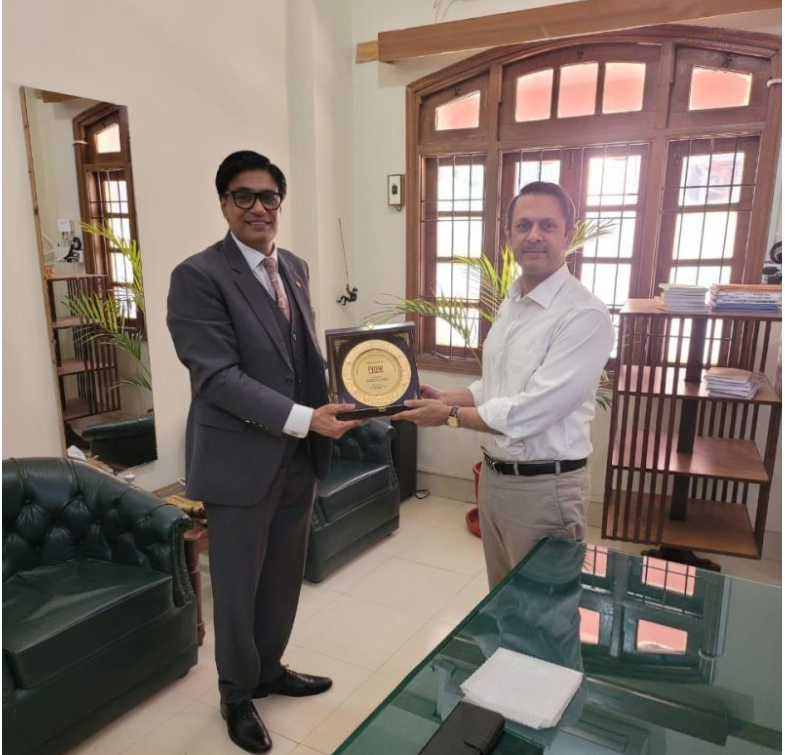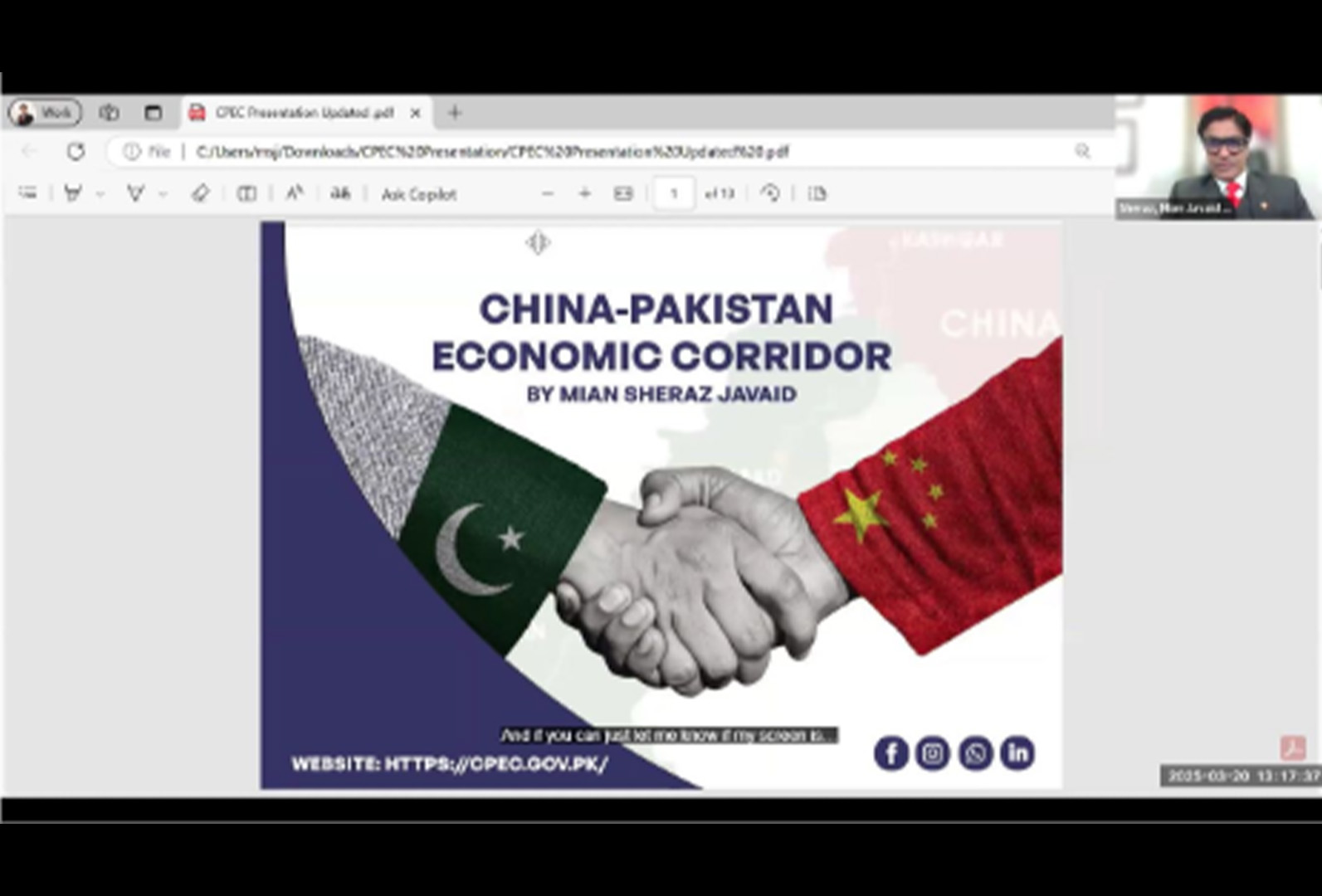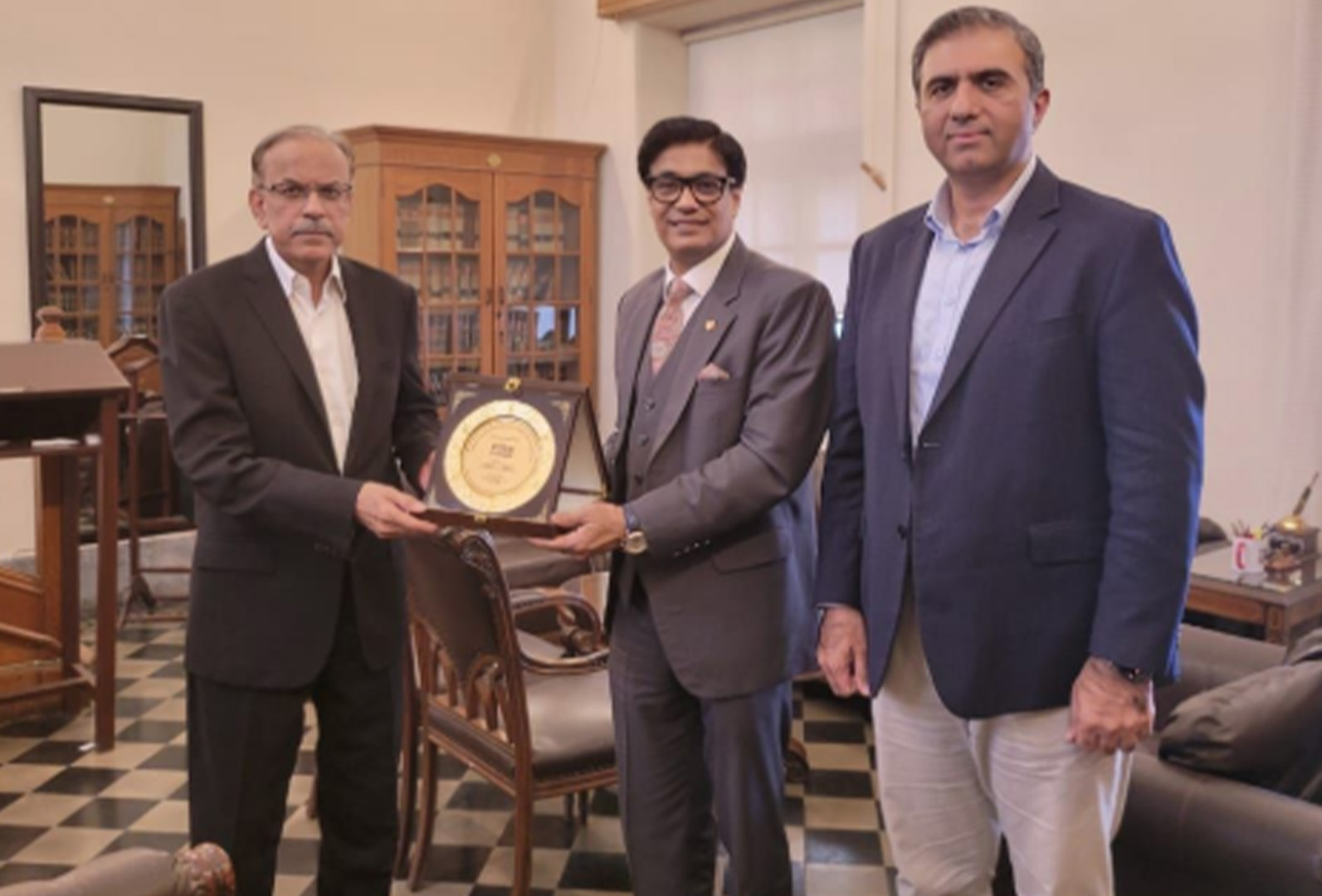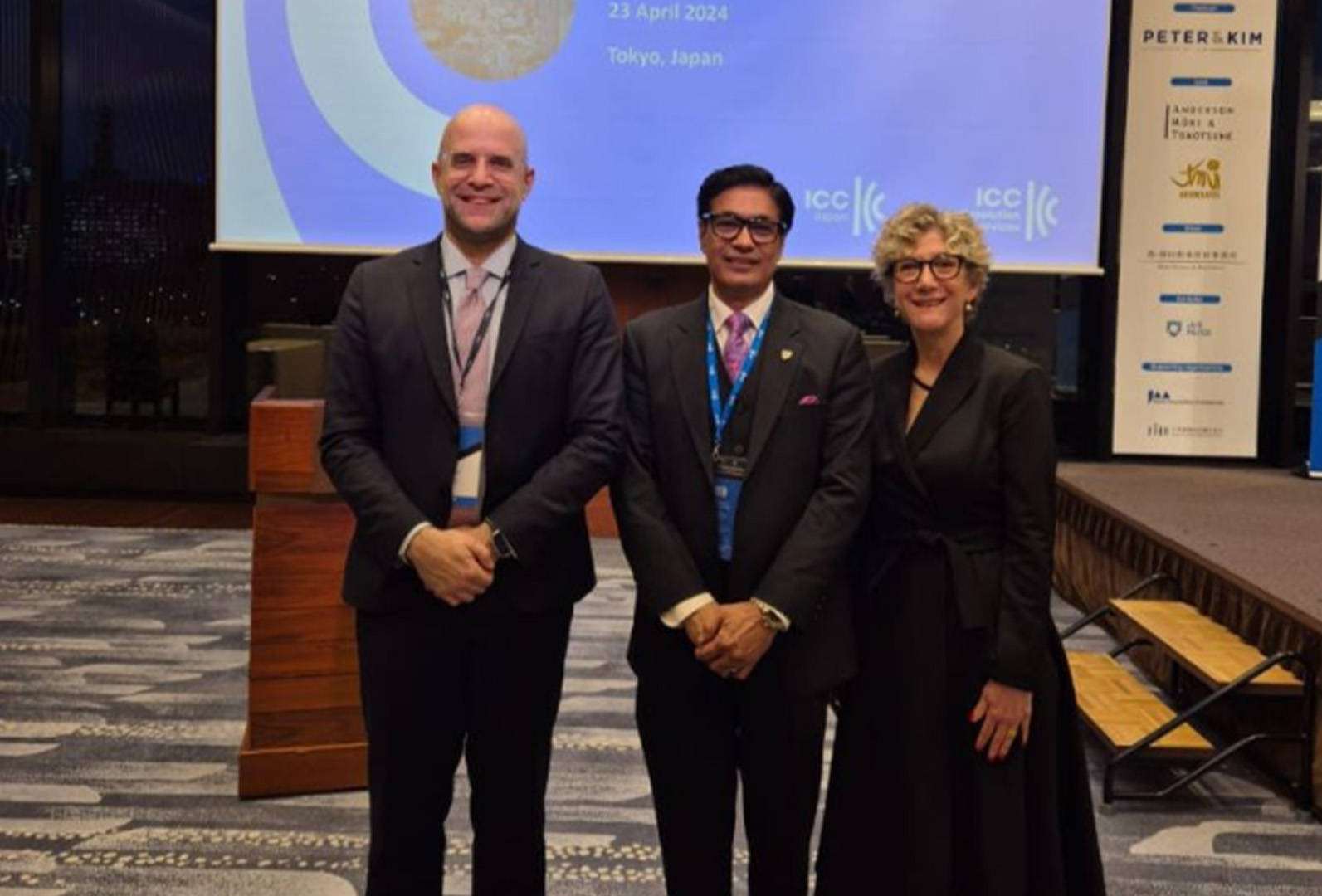Mian Sheraz Javaid Discusses Growth of ADR in Australia with Deborah Lockhart, CEO of Australian Disputes Centre
In their very insightful discussion, Sheraz and Deborah Lockhart the CEO of the Australian Disputes Centre (ADC pointed out the changing use of ADR in Australia by showing general acceptance and the establishment of actual institutions dedicated to promoting ADRs. "Australia has done wonderfully well in the assimilation of ADR in its legal system," said Sheraz. "Mediation and arbitration have become integral to the way legal issues are resolved here, and this is something we can learn from in Pakistan as we continue to develop our own ADR infrastructure."
Lockhart, who has played a key role in the growth of ADR in Australia, emphasised how the country has increasingly turned to arbitration and mediation as effective methods for resolving disputes, especially in the commercial and business sectors. “The establishment of dedicated mediation centres, the widespread use of mediation clauses in commercial contracts, and government support for ADR initiatives have all contributed to Australia’s success in this area,” said Lockhart. “These developments have not only reduced the burden on courts but have also made dispute resolution more efficient and accessible.”
Australia's commitment to ADR has placed it as a jurisdiction leader in international dispute resolution, and local and international businesses alike seek neutral, efficient, and cost-effective means of resolving disputes. Mediation and arbitration are now commonly included as essential components of commercial contracts, and Australian courts have integrated ADR as a necessary part of the litigation process.
Sheraz said these moves have been an example of progress to follow for Pakistan and other countries that want to further improve their ADR systems. "The judiciary and bar in Pakistan, in my view, are adopting mediation and arbitration far more enthusiastically today than five years ago," he said. "Mediation and arbitration are part of the process to lighten the burden on our courts but to provide faster and more amicable resolutions.". There is increasing acknowledgement of the potential these tools hold to improve the efficiency of our legal system.
Reflecting on ADR in Pakistan, Javaid mentioned the ever-increasing tendency of accepting arbitration clauses in contracts and the emerging role of mediation in resolving disputes without the involvement of lengthy litigation. However, Sheraz expressed that there was still much work to be done to strengthen and formalize mechanisms in the country.
“Australia has set an excellent example of how ADR can be integrated into the legal system, and Pakistan is making significant strides as well,” said Sheraz. “We are seeing more legal professionals and institutions in Pakistan adopting these practices, and with continued effort, we can build a robust ADR framework that will help resolve disputes efficiently and effectively.”
In an exciting prospect for future collaboration, Sheraz extended an invitation to Lockhart to visit Pakistan and observe firsthand the progress that is being made in the country’s ADR development. “Deborah’s insights and expertise have been invaluable to the growth of ADR in Australia, and I believe her visit to Pakistan would be extremely beneficial,” Sheraz said. “Her knowledge could provide crucial guidance as we continue to strengthen our own arbitration and mediation systems.”
Lockhart expressed her enthusiasm for the possibility of visiting Pakistan, recognising the potential for further development in the ADR landscape there. “It would be delightful to see the progress Pakistan has made in ADR and share our experiences from Australia,” she said. “The global ADR community benefits from collaboration, and I look forward to seeing how we can work together to further promote these methods in Pakistan.”
The prospect of greater cooperation between Australia and Pakistan in the field of ADR is exciting, especially since both countries recognize the importance of efficient mechanisms for resolving disputes in the global economy. Australia and Pakistan can continue to strengthen their respective legal systems and promote ADR as a vital tool for resolving disputes by learning from each other's experiences and sharing best practices.
In conclusion, Sheraz’s meeting with Deborah Lockhart highlights the growing global recognition of the importance of ADR and the role it plays in fostering a more efficient and accessible legal framework. As both Australia and Pakistan continue to develop and refine their arbitration and mediation systems, the collaboration and exchange of knowledge between these two nations will be critical in advancing the practice of ADR on the global stage.






